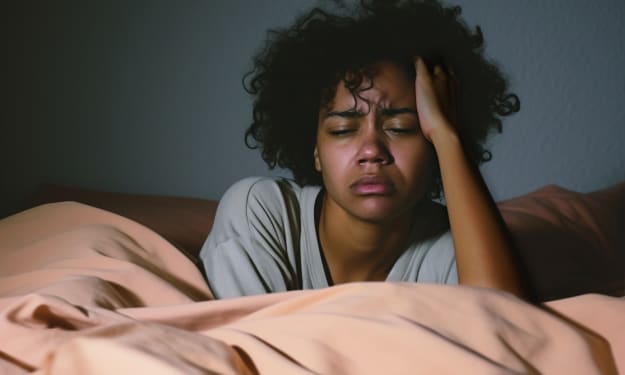The Health Risks of Loneliness
How to Combat Them

Loneliness is more than just an emotional state; it's a significant health risk with serious implications. Studies show that loneliness can increase your risk of heart disease by 29% and stroke by 32%. These alarming statistics underscore the importance of understanding and addressing the effects of loneliness on both the brain and body. Mia de Graaf, the deputy editor for health at Business Insider, emphasizes that loneliness triggers a complex response in the body, leading to a cascade of physical and mental health issues. Recognizing the impact of loneliness is crucial for maintaining overall health and well-being.
How Loneliness Affects Your Brain and Body
The Stress Response:
Heightened Alertness: Loneliness triggers your sympathetic nervous system, putting you on high alert. This can lead to increased paranoia and suspicion, making it harder to connect with others.
Emotional Isolation: Your brain reduces activity in areas associated with love and connection, perpetuating a vicious cycle where loneliness makes you retreat further.
Hormonal Imbalance:
Cortisol: Elevated cortisol levels, associated with stress, can lead to feelings of anxiety and fatigue.
Dopamine: While dopamine increases, driving you toward quick rewards, it can lead to unhealthy behaviors such as drinking or gambling.
Serotonin, Oxytocin, and Natural Opioids: These hormones, which promote feelings of well-being and pain relief, decrease, exacerbating feelings of loneliness.
Short-Term and Long-Term Effects
Short-Term Effects:
Increased Anxiety and Stress: Loneliness can lead to heightened anxiety and stress, causing you to feel more tired and less inclined to engage in social activities.
Physical Symptoms: You may experience chronic pain, back pain, and a general feeling of being run down.
Long-Term Effects:
Weakened Immune System: Loneliness can make you more susceptible to illnesses like the flu and COVID-19.
Poor Sleep Quality: Despite getting enough sleep, you may wake up feeling tired and uneasy.
Cognitive Decline: Loneliness impacts memory and can be a precursor to dementia.
Increased Inflammation: This can lead to heart disease, the leading cause of death in the US.
Reduced Life Expectancy: The risk of premature death due to loneliness is comparable to the risks associated with smoking.
Combatting Loneliness: Practical Tips
Social Connections:
Reach Out: Even small connections can make a significant difference. Hearing the voice of someone you care about can positively impact your brain and nervous system.
Quality Over Quantity: Focus on deep, meaningful connections rather than being surrounded by people for the sake of it.
Therapeutic Activities:
Art Therapy: Engaging in art therapy can be beneficial, especially in rehabilitation settings.
Nature Exposure: Simply spending time in nature can improve your mood and health.
Healthy Habits:
Exercise: Regular physical activity can boost your mood and reduce feelings of loneliness.
Mindfulness and Meditation: These practices can help reduce stress and improve emotional well-being.
Conclusion
### Conclusion
Loneliness is a serious health risk with profound effects on both the brain and body. It can increase the risk of heart disease, stroke, and cognitive decline, and even reduce life expectancy. However, by understanding the mechanisms behind loneliness and taking proactive steps to connect with others and engage in healthy activities, you can combat its effects. Prioritize meaningful social connections, explore therapeutic activities like art therapy and nature exposure, and maintain healthy habits such as regular exercise and mindfulness practices. Small efforts to connect, such as reaching out to a friend or spending time outdoors, can significantly improve your mental and physical health. Remember, quality connections matter more than quantity, so focus on building deep, meaningful relationships. By investing in your social and emotional health, you can enhance your overall well-being, reduce the risks associated with loneliness, and enjoy a longer, healthier, and more fulfilling life.
About the Creator
Your Favorite Writer
A well-versed woman in life experiences, scientific sources and results. I love God! I love nature.
Enjoyed the story? Support the Creator.
Subscribe for free to receive all their stories in your feed. You could also pledge your support or give them a one-off tip, letting them know you appreciate their work.






Comments
There are no comments for this story
Be the first to respond and start the conversation.